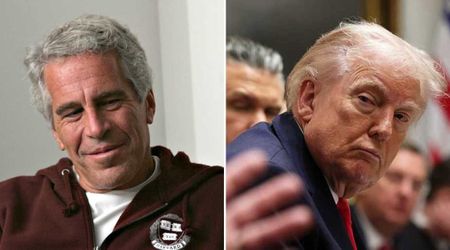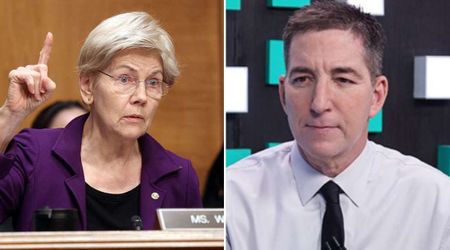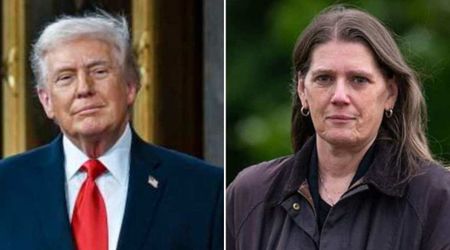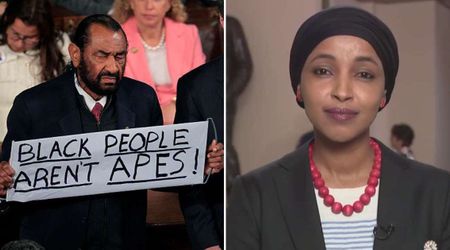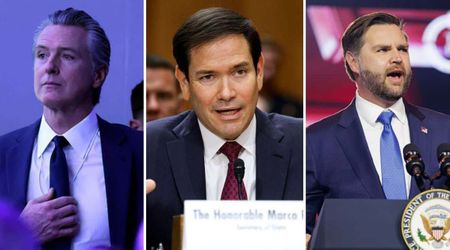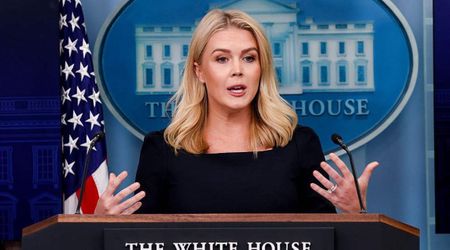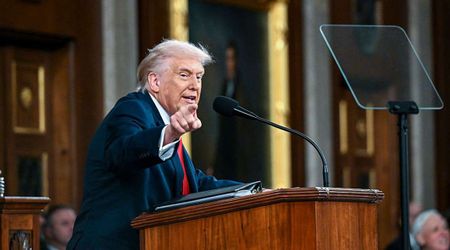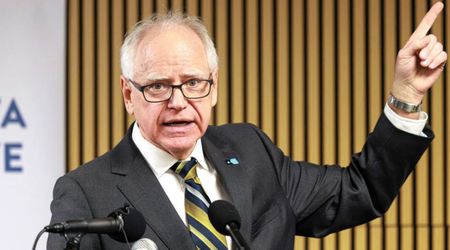Expert says Chief Justice John Roberts 'invited villainy' over gerrymandering in Texas and other states
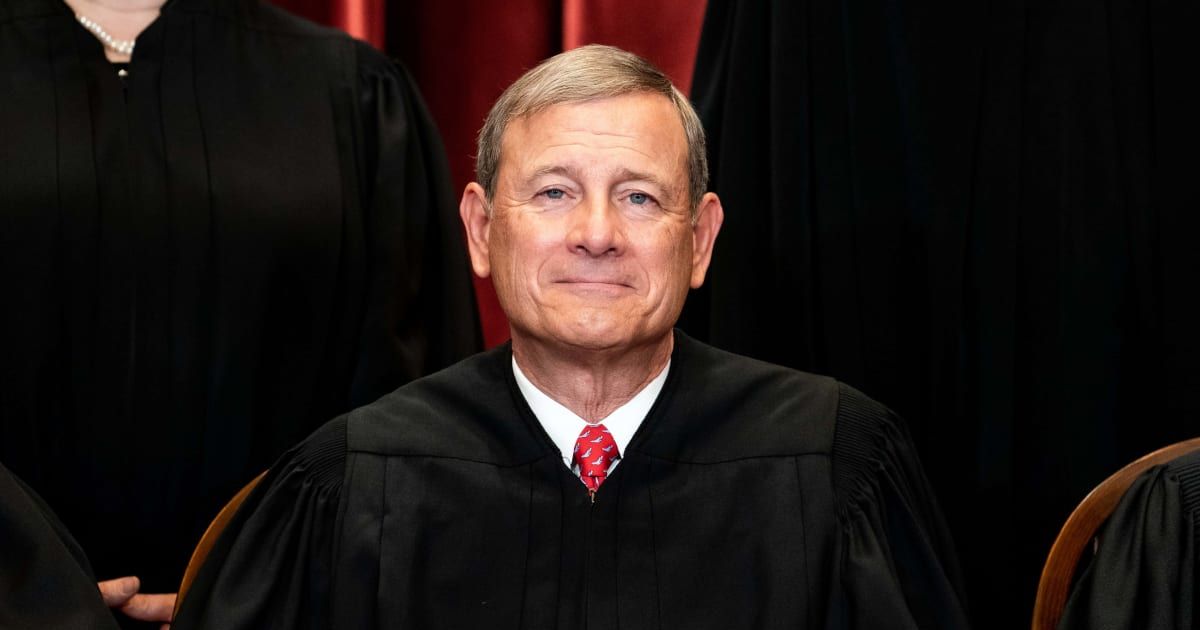
WASHINGTON, DC: Chief Justice John Roberts has been accused by a legal expert of causing a war over gerrymandering in Texas and other states.
James Sample, a professor of constitutional law at Hofstra University, appeared on MSNBC on Saturday, August 9, to discuss the Texas GOP’s "re-redistricting" and other key topics.
James Sample says current chaos is due to Supreme Court
While speaking on MSNBC, James Sample described an "underemphasized" point about the current "chaos" involving the Supreme Court.
He said, "The current chaos is a product of the US Supreme Court. In 2019, in a case called Rucho v Common Cause, the Supreme Court essentially said, 'You know what? Partisan gerrymandering is anti-democratic. It is bad for democracy, but there's nothing we can do.' And saying that there was nothing that the court could do was a departure from prior practice."
"If you think about it this way, shoplifting is illegal, right? Very few shoplifters get caught, but you don't see shop owners putting up a sign in the window that says the police will never arrest you if you shoplift from our store," he added.

He further mentioned, "In 2019, the Supreme Court of the United States put up that sign. The Texas GOP here is they're acting like villains. But the invitation to that villainy came from One First Street, NE, in Washington, DC, at the hands of the Roberts court."
The brazen partisan redistricting in Texas, with GOPs trying to entrench themselves in office and Democrats weighing a counter-offensive in blue states, was greenlit by the US Supreme Court in 2019.
Roberts, in an opinion for a 5-4 court, stated that federal judges could not review extreme partisan gerrymanders to determine if they violated constitutional rights.
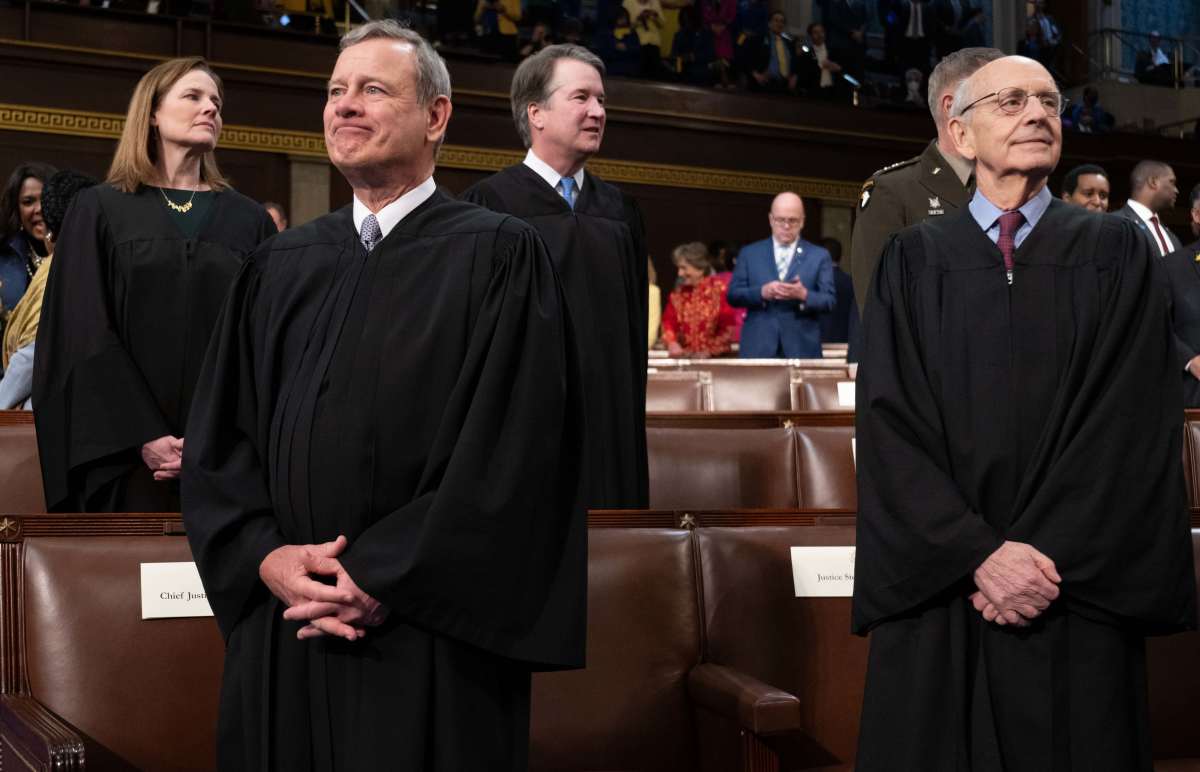
His opinion reversed cases that would have allowed such districts to be challenged as violations of the First Amendment’s guarantee of free speech and association and the Fourteenth Amendment’s guarantee of equal protection.
However, justices split along familiar ideological lines, as five conservatives ruled against challenges to partisan gerrymanders and the four liberals dissented.
The dissenting justices said in 2019, "Of all times to abandon the Court’s duty to declare the law, this was not the one. The practices challenged in these cases imperil our system of government. Part of the Court’s role in that system is to defend its foundations. None is more important than free and fair elections."
Rucho vs Common Cause generates new era of partisan rivalry
The decision in Rucho v Common Cause has sparked a new era of partisan rivalry with vast repercussions for American democracy.
The ruling resonates as profoundly as the Roberts Court’s 2024 decision in Trump v United States, which granted presidents substantial immunity from criminal prosecution.
Meanwhile, Donald Trump took the 2024 ruling as a blank check and tore through democratic norms. Moreover, the gerrymandering case also lifted a federal guardrail. Lawsuits challenging extreme partisan gerrymanders can still be brought before state court judges.

However, state laws vary widely in their protections for redistricting practices, and state judges differ in their ability to police this thorny political process.
Roberts acknowledged the apparent unfairness of gerrymandered districts in his opinion.
He wrote, "Excessive partisanship in districting leads to results that reasonably seem unjust."
However, he added, "The fact that such gerrymandering is ‘incompatible with democratic principles' does not mean that the solution lies with the federal judiciary."

